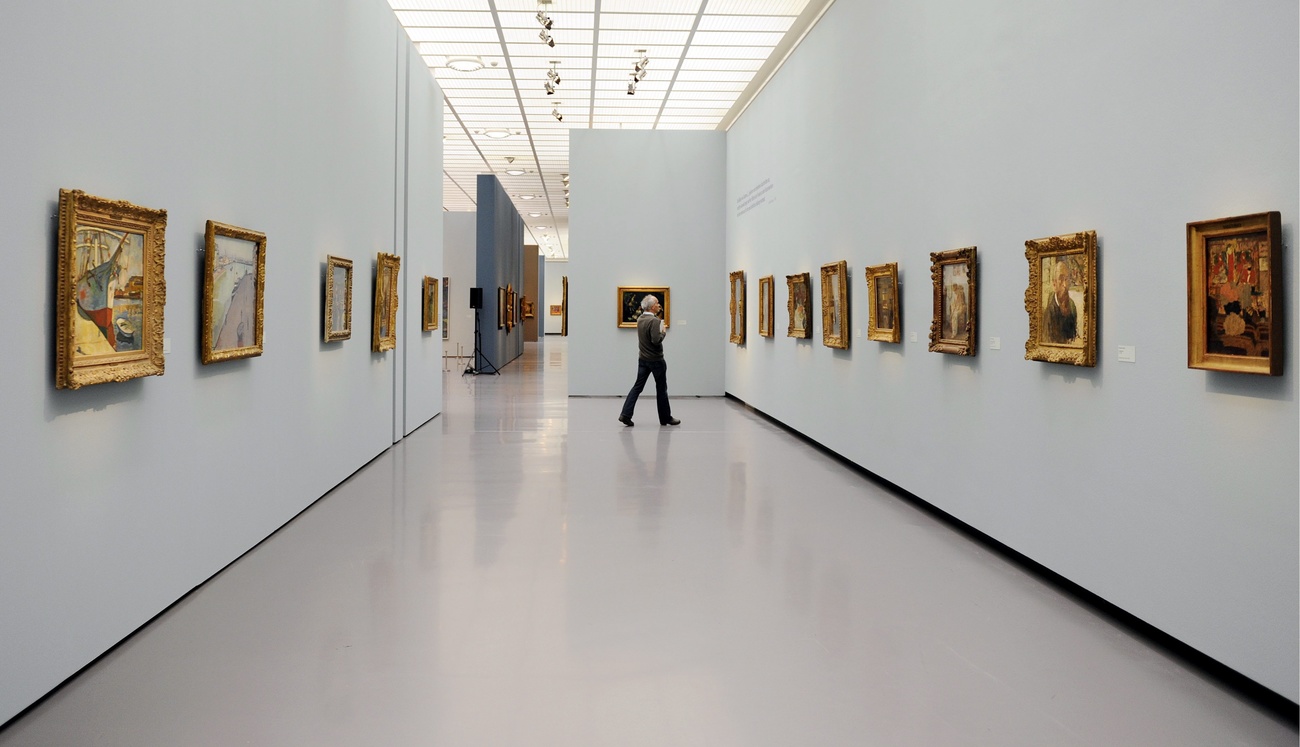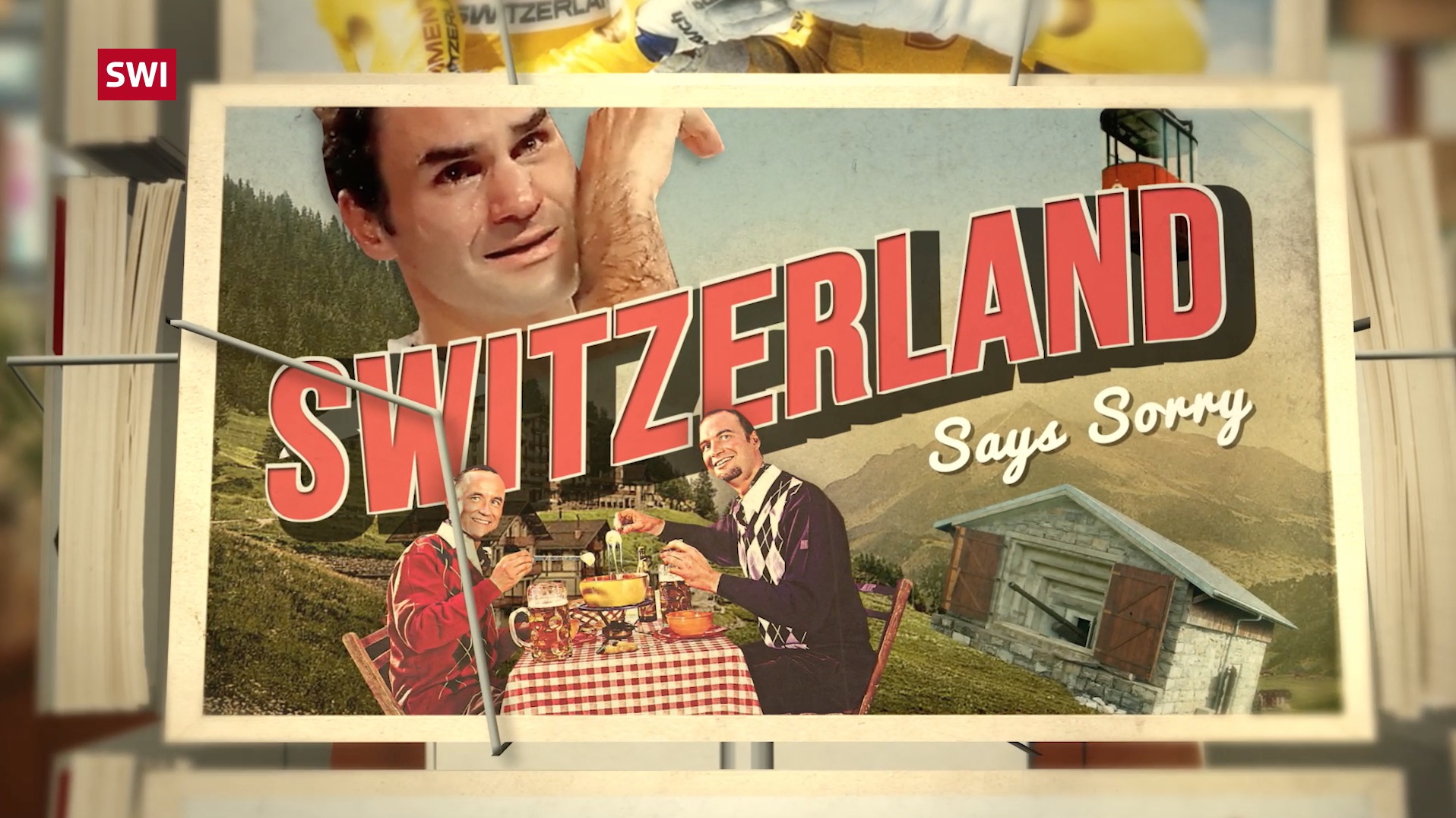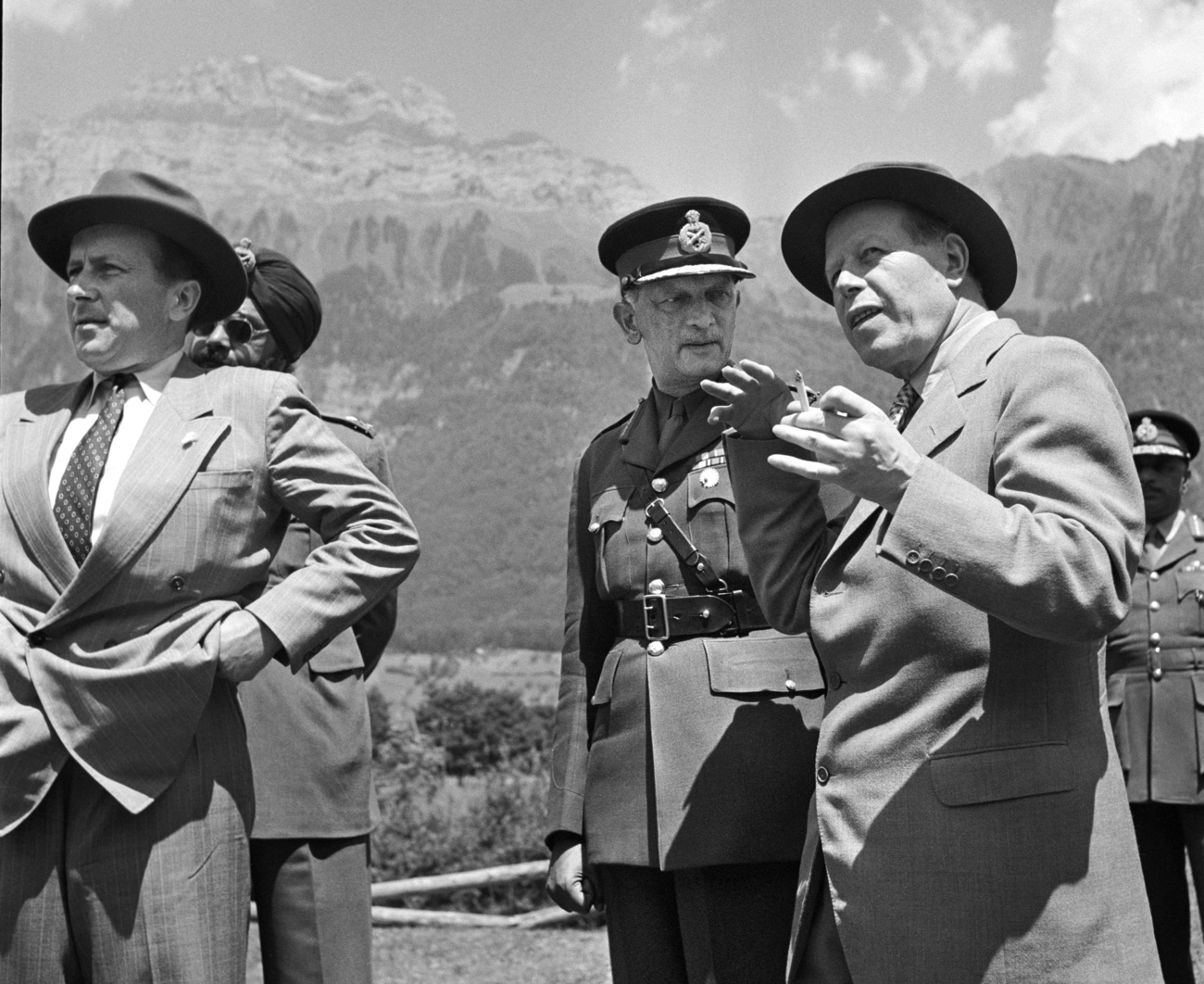Historian urges further scrutiny of Zurich art collection’s provenance

Historian Raphael Gross believes that the provenance research carried out to date by the E.G. Bührle Collection Foundation is insufficient. An independent investigation led by him concluded that more clarification is needed on the provenance of the works, many of which had Jewish owners during the Second World War.
Do you want to read our weekly top stories? Subscribe here.
Gross, who is president of the German Historical Museum, and his team have scrutinised the Bührle Foundation’s provenance research to date. This was commissioned by the city and canton of Zurich as well as the Zürcher Kunstgesellschaft, the organisation responsible for the Kunsthaus Zürich, where numerous works from the collection are on display. On Friday, Gross presented the results.
His conclusion was clear: the Bührle Foundation’s efforts to date to clarify the provenance history of its works are insufficient. Further efforts are needed to fulfil the requirements set by the Kunstgesellschaft Zürich and the city and canton as subsidy providers.
The central recommendation of the study is therefore that further research is needed. This should focus on clarifying the previous Jewish ownership and the persecution-related confiscation of the works from the Emil Bührle Collection.

More
Switzerland says sorry!
In addition, the Zürcher Kunstgesellschaft, as the organisation responsible for the Kunsthaus, should set up a committee to develop a review scheme for Nazi-related seizures. This is to be applied both to the Kunsthaus Zürich’s own collection and to the permanent loans.
Name of collection to undergo review
The Zürcher Kunstgesellschaft is also being advised to reconsider the name “Emil Bührle Collection”.
The collection, which the arms dealer amassed between 1936 and 1956, comprises 633 works. Many of them had Jewish owners at the time of the Second World War and came to the Bührle Collection either directly or via intermediate stops.

More
Historian shows Nazi-era links behind prestigious art collection
“Without the persecution of the Jews, the Bührle Collection would never have come into being,” said Gross. Due to its origins, the collection is therefore part of both Swiss and Jewish history.
As part of the independent investigation, the provenance of five works from the collection was investigated in depth. In some cases, the experts came across circumstances that were not yet known due to the Foundation’s own provenance research.
To date, the Foundation has documented previous Jewish owners in 41 cases. Gross’s investigation has now uncovered around 20 further cases that also had Jewish previous owners and where a change of ownership between 1933 and 1945 is considered at least probable. “Only if new research is undertaken in these cases can the claim to present the works in their historical context be honoured,” said Gross.
The clients of the investigation – the city, the canton and the Kunsthaus – announced in a press release on Friday that they would now analyse the results. They intend to comment on the content in mid-July.
The Bührle Collection already had five works exhibited in the Kunsthaus removed around a fortnight ago following a reassessment. It intends to seek solutions with the descendants or other legal successors of the former owners.
Adapted from German by DeepL/kc/ts
This news story has been written and carefully fact-checked by an external editorial team. At SWI swissinfo.ch we select the most relevant news for an international audience and use automatic translation tools such as DeepL to translate it into English. Providing you with automatically translated news gives us the time to write more in-depth articles.
If you want to know more about how we work, have a look here, and if you have feedback on this news story please write to english@swissinfo.ch.

In compliance with the JTI standards
More: SWI swissinfo.ch certified by the Journalism Trust Initiative


















You can find an overview of ongoing debates with our journalists here . Please join us!
If you want to start a conversation about a topic raised in this article or want to report factual errors, email us at english@swissinfo.ch.